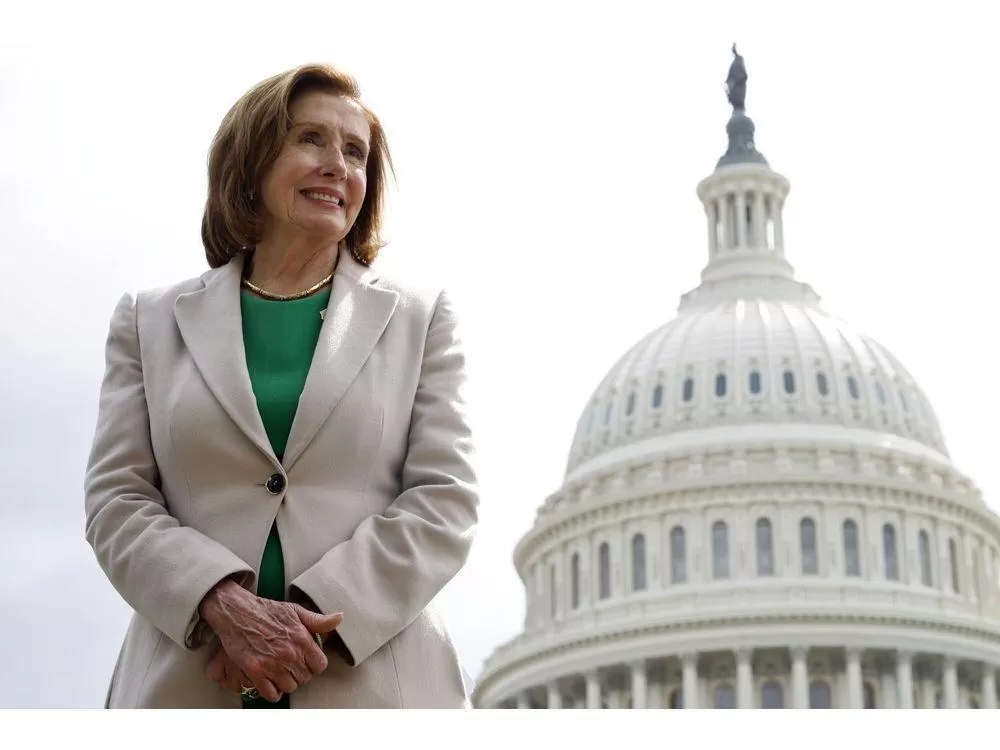Whispers and Realities: Pakistan's Stance on Pilgrim Entry at the Border
Share- Nishadil
- November 07, 2025
- 0 Comments
- 2 minutes read
- 46 Views

Pakistan Sets Record Straight on Pilgrim Entry Claims
Pakistan's Foreign Office has vehemently denied recent Indian media reports claiming that Hindu pilgrims were turned away at the Torkham border, reiterating that valid visas remain the sole requirement for entry, irrespective of faith.
There's always a buzz, isn't there, particularly when sensitive topics like cross-border movement and religious freedom intersect. And recently, a bit of a storm brewed, stirred by reports suggesting that Hindu pilgrims—a rather significant number, around 200, the whispers claimed—had been unceremoniously turned away at Pakistan's Torkham border. You could say it raised an eyebrow or two, especially given the historical context of such journeys.
But here's the truth of the matter, according to Islamabad: a firm denial. Mumtaz Zahra Baloch, the Foreign Office spokesperson, stepped forward to set the record straight, gently but firmly pushing back against what she termed "misleading" accounts circulating primarily in Indian media. It wasn't about faith, she explained, or any grand refusal based on religion, but rather a simple, foundational requirement: a valid visa. Honestly, it's the bedrock of international travel, isn't it? Without the proper documentation, entry into any sovereign nation becomes, well, complicated.
The crux of the matter, she articulated, is that Pakistan, like most countries, operates on a system of official clearances. Anyone, be they tourist, businessperson, or indeed, a pilgrim seeking spiritual solace at revered sites, must possess the necessary travel documents. "There is no restriction on anyone visiting Pakistan on a valid visa irrespective of their religion," she stressed, perhaps to underscore the broader policy framework. And this isn't some new, arbitrary rule; it's how things work, how they've always worked.
To further illustrate this point—and really, to demonstrate good faith—the spokesperson highlighted recent actions. Just last week, for instance, Pakistan extended a welcoming hand, issuing visas to a group of 96 Indian Hindu pilgrims. Their destination? The ancient and profoundly sacred Katas Raj temples nestled in Chakwal. Imagine that journey, from December 11th to the 20th, a ten-day spiritual sojourn, all made possible because the protocols were followed. It certainly paints a different picture from the one initially circulated, doesn't it?
So, what's the takeaway? Pakistan's position seems quite clear: its borders remain open, certainly for those who wish to embark on pilgrimages or explore as tourists. But, and this is the crucial 'but,' the process demands adherence to established international norms. Valid travel documents are not just a bureaucratic hurdle; they are, in truth, the essential key. And for once, it seems the narrative is less about denial and more about the enduring importance of due process in a world where narratives, sometimes, can fly ahead of facts.
Disclaimer: This article was generated in part using artificial intelligence and may contain errors or omissions. The content is provided for informational purposes only and does not constitute professional advice. We makes no representations or warranties regarding its accuracy, completeness, or reliability. Readers are advised to verify the information independently before relying on







